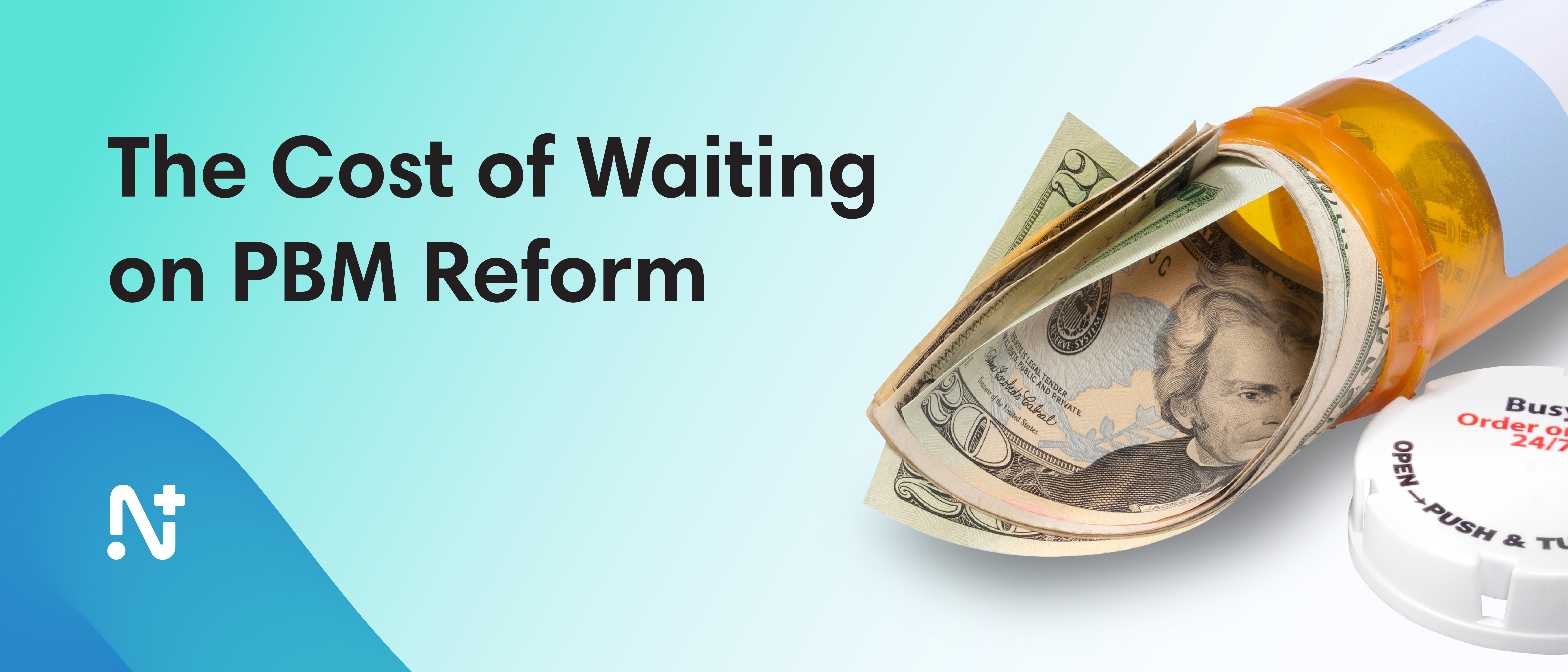The FDA’s approval of the first over-the-counter opioid overdose medication harms patients on Medicaid, other vulnerable Americans

Yesterday the Food and Drug Administration (FDA) announced that Naloxone – the treatment that rapidly reverses the effect of opioid overdoe – will be available for purchase over-the-counter. While perhaps good in intention, the reality is it will not reach everyone who needs it.
The decision may make the medication less accessible, not more, for our nation’s most vulnerable who disproportionately suffer from addiction: the uninsured and Americans on Medicaid.
Medicaid often does not cover over-the-counter drugs unless it's part of the Medicaid Drug Rebate Program (MDRP), and 40% of Americans who have an opioid use disorder are covered by Medicaid. The FDA’s proposed change will have the unintended consequence of leaving them to pay for the full over-the-counter cost of the medication, which is about $50 at wholesale. Until the drug manufacturer enters into a Medicaid national drug rebate agreement with the Secretary of the Department of Health and Human Services, the drug won’t be covered by state Medicaid programs. Many depend on Medicaid to afford prescriptions, meaning this change is potentially putting this life-saving drug out-of-reach for millions of low-income patients.
Yesterday’s action is a step back in the fight against the opioid crisis and exacerbates existing health inequities in substance abuse treatment. Especially at a time when drug addiction is at an all-time high and overdoses continue to be a leading cause of death – killing hundreds of Americans daily – all FDA actions should consider downstream effects.
The FDA touted that they were committed to “addressing the evolving complexities of the overdose crisis” and the White House stated that they will continue to “do everything possible in our power to make this life-saving drug available to anyone and everyone across the country.” Unfortunately, this announcement falls short of that commitment.
Here’s what we do need: Manufacturers must urgently enter into the rebate agreements through the MDRP and Medicaid programs must make Naloxone publicly available through a range of channels, including for purchase online.
Insurers and the government must step up. The Centers for Medicare and Medicaid Services, the American Medical Association, and several lawmakers are already calling on payers to prioritize making the medication affordable. We also need to alleviate the stigma associated with purchasing Naloxone by making it available for purchase in more places, most importantly online, so that nobody has to feel shame when purchasing it in public.
Our nation needs thoughtful, research-based solutions to address this crisis. Those suffering from addiction – and their families – deserve that from our government.





